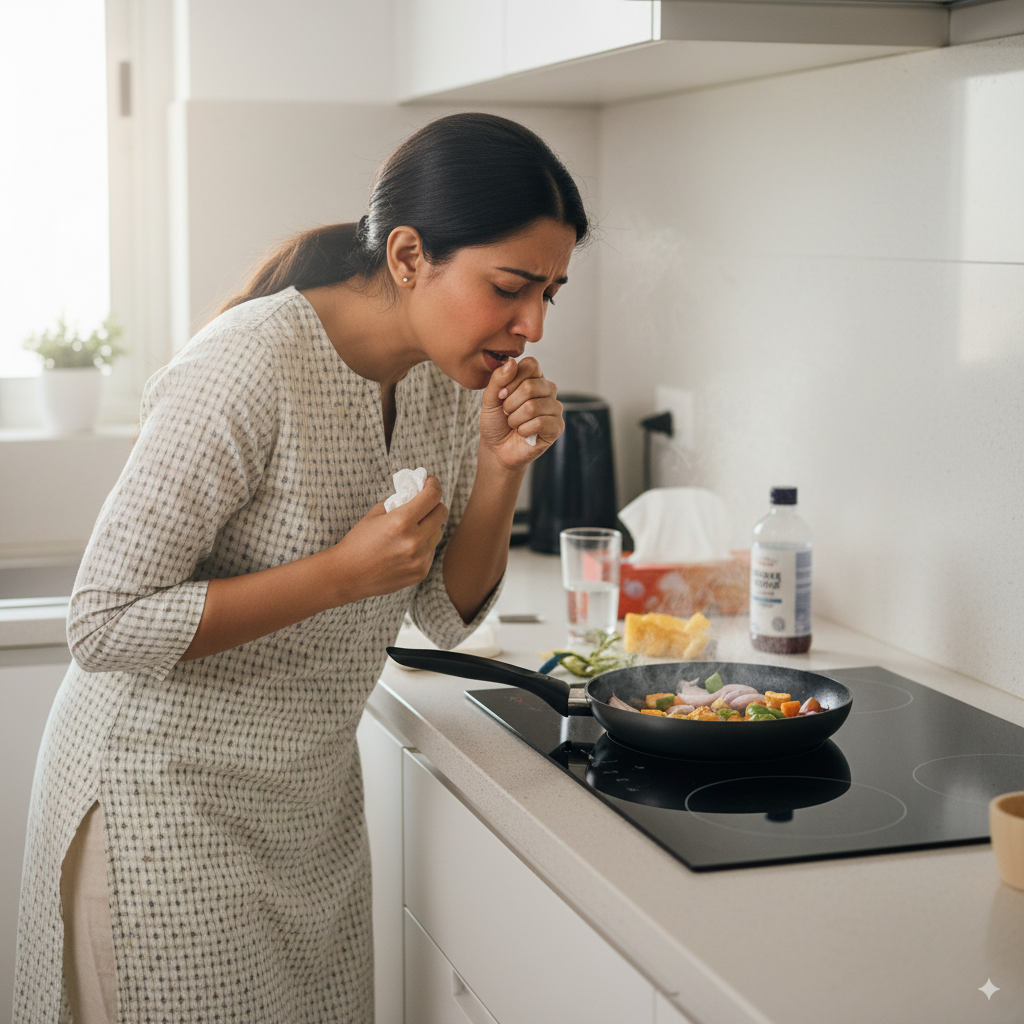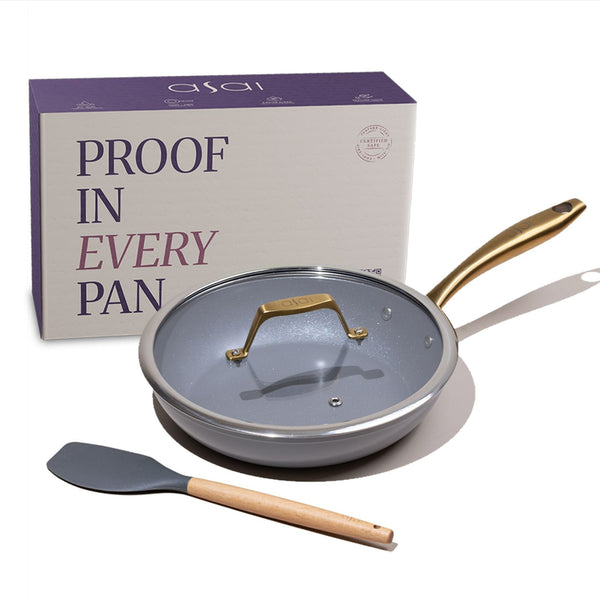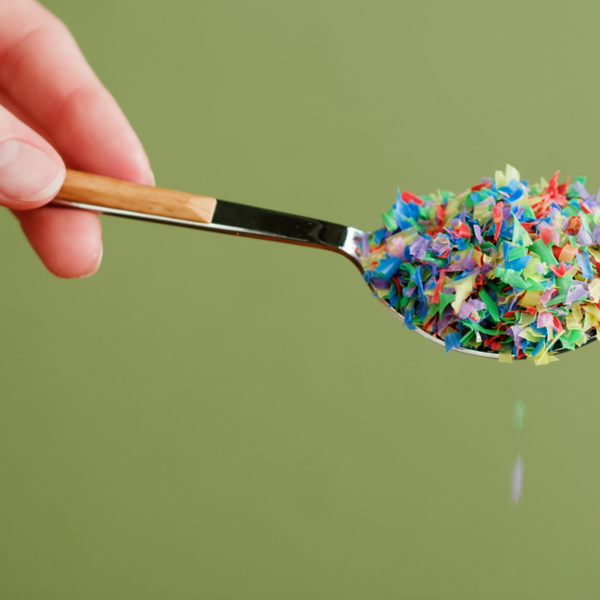The Hidden Danger in Your Kitchen: How Nonstick Pans Release Toxic Fumes
What Are Nonstick Coatings Actually Made Of?
The magic behind nonstick pans comes from a synthetic polymer called Polytetrafluoroethylene (PTFE). It's a plastic with incredibly low friction, which is why food slides right off. For decades, the manufacturing process also involved a chemical called Perfluorooctanoic Acid (PFOA). While PFOA has been phased out of new cookware since 2013, it was linked to a host of serious health problems, and millions of older, potentially dangerous pans are still in circulation.
The Danger Zone: When Good Pans Turn Toxic
The real trouble begins when nonstick pans are overheated. At temperatures above a mere 500°F (260°C), the PTFE coating starts to decompose. This process releases a cocktail of toxic fluoride fumes and particles into the air. An empty pan can reach this temperature in just a few minutes on high heat.
These fumes are not harmless. Inhaling them can lead to a condition known as polymer fume fever, often called "Teflon Flu." It's a real, documented illness that presents with severe, flu-like symptoms:
- Sudden fever and chills
- Severe headache
- Muscle and body aches
- Chest tightness and coughing
Symptoms typically appear 4 to 10 hours after exposure, making it easy to mistake for a common bug. The fact that a kitchen tool can cause an acute toxic reaction is deeply concerning.
Birds: The Canary in the Kitchen
The most alarming evidence of the toxicity of these fumes is their effect on pet birds. Birds have incredibly sensitive respiratory systems, and even a small amount of PTFE fumes can be lethal. Their tragic deaths serve as a stark warning—the fumes released are potent enough to be considered a poison in the air.
Myths vs. Acknowledged Dangers
Reality: The release of toxic fumes is due to heat, not damage. A perfectly pristine pan can still poison the air if you overheat it.
Reality: The cancer concern was primarily linked to PFOA, which is no longer used in pans made after 2013. However, the danger of polymer fume fever from overheated PTFE remains in all nonstick pans, new or old.
How to Protect Yourself and Your Family From Toxic Fumes
Given the risks, using nonstick cookware requires extreme caution. If you choose to use it, you must treat it differently from other types of pans.
- Never, EVER Preheat an Empty Pan: This is the fastest way to hit dangerous temperatures. Always have oil, butter, water, or food in the pan before you turn on the heat.
- Use Low to Medium Heat ONLY: High heat is the enemy of nonstick coatings. For most cooking, you do not need to go past a medium setting.
- Ventilate Aggressively: Always use your exhaust fan or open a window when cooking with nonstick pans. Air circulation is critical to dissipate any fumes that may be released.
- Replace Damaged Pans Immediately: If your pan is scratched, flaking, or peeling, discard it. Damaged coatings can degrade more easily and pose additional risks.
- Keep Birds Out of the Kitchen: Due to their extreme sensitivity, pet birds should never be in or near the kitchen when nonstick cookware is being used.
Ultimately, the safest choice is to consider alternatives like stainless steel, cast iron, or ceramic cookware, which do not carry the risk of releasing toxic fumes.
Urgent FAQs: Nonstick Pan Dangers
A: Yes. When heated above 500°F (260°C), nonstick coatings break down and release toxic fumes that can cause an illness called polymer fume fever, or "Teflon Flu."
A: It's a real sickness caused by inhaling PTFE fumes, with symptoms like fever, chills, and headache. While usually temporary, it's a sign of toxic exposure from your cookware.
A: Never use high heat, never preheat an empty pan, always ventilate your kitchen, and throw away any scratched pans. For maximum safety, consider switching to cast iron or stainless steel.
Sources:
- Does Teflon cause cancer? – cancercenter.com
- Teflon flu on the rise – mdlinx.com
- Is Teflon coating safe – webmd.com
- Nonstick Cookware Safety – healthline.com
- Polymer fume fever study – PubMed
- Books NCBI: Polymer fever – ncbi.nlm.nih.gov
- PFAS In Your Pan – perkinelmer.com
- American Cancer Society: Teflon and PFOA – cancer.org












